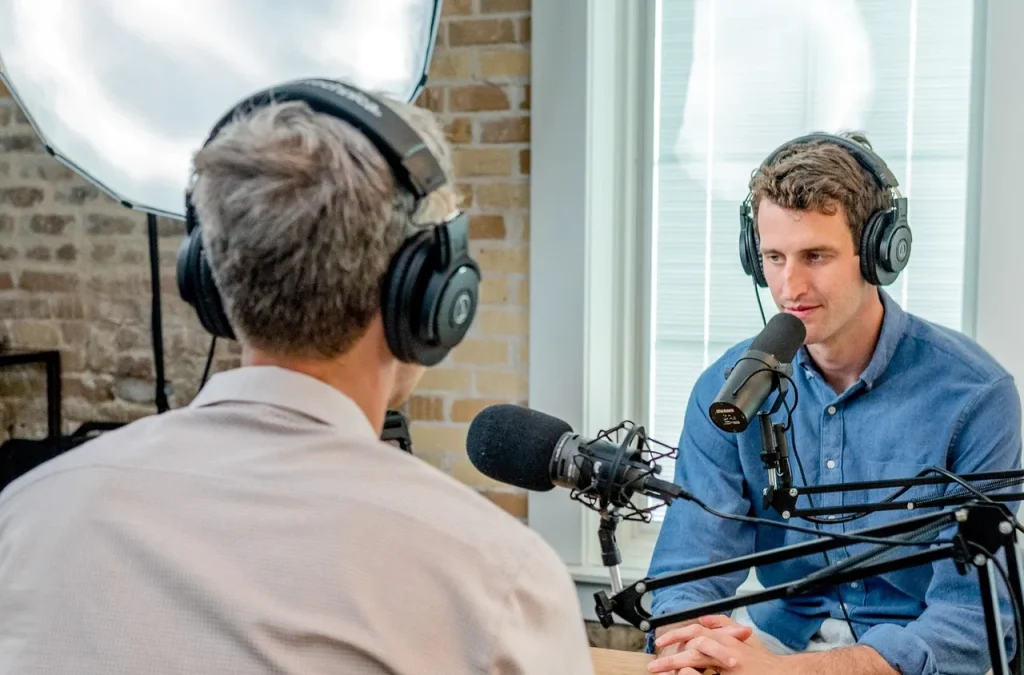
One of the first things I need to do with a new client is establish an understanding of the media experience. And what the media interview is about.
People have a whole range of perceptions of journalists and journalism. They can be good and bad, overly basic and/or overly complex.
Clarifying what the media interview is about addresses misunderstandings and builds confidence by removing the unknown. That opens the door to building a plan for how to utilise the media.
So what IS the media interview about?
Any attempt to do this in a three minute read is going to be simplistic. There will be journalists and PRs poring over this saying “but what about…” and they will be right.
It is more complex than a simple transaction. But this is a good starter for ten:
The media interview is an unwritten contract where you the spokesperson provide content to them the media.
It’s a deal – they get content and you get exposure.
They get to ask questions, look clever, caring, clued up (pick one), and you get to answer and then add. Add something from your agenda, something that promotes what you want to promote or addresses what you want to address.
It’s not purely transactional but it is essentially a transaction.
Understand this, understand that you are in a symbiotic relationship where both can benefit, and you’ll have a better time.
Think about the journalist – they have to provide content to their news organisation. What they get has to make it online, into print, onto the airwaves.
When they get a spokesperson in front of them who gets it, the journalist will emit a little, internal sigh of relief. Show you understand the pressures, the deal, and that you’ll provide interesting answers. For us these are our key messages, soundbites – for the journo they’re quotes.
Let them know that for this interview they’ve got the right person, the expert, the voice. You’ll do for them.
Then think about the format of that interview. Think transmit and receive, or a game of table tennis. They speak, you let them, then you speak, and they let you. They hit the ball to you, you hit it back.
Listen to the question, think about how to answer it, then add something from your agenda. Always prepare your agenda, map out and practice your messages.
What this shouldn’t do is ignore the idea of narrative, or telling your story, and that’s as important now as ever. The journalist will love a good story and love you telling it well.
But that’s another blog.
What we must also never ignore is the third party – the audience. If you’re going on BBC Breakfast, you need to think about what you want Mrs Miggins, the average viewer, to think when you’ve finished talking.
That, also, is another blog.
But understanding the crucial basis for the media interview, the shared positive outcome (even if they have tough questions to ask you), the ‘deal’, is the fundamental first building block for a sparkling spokesperson career.